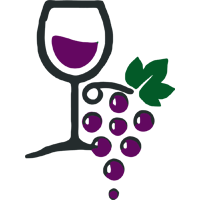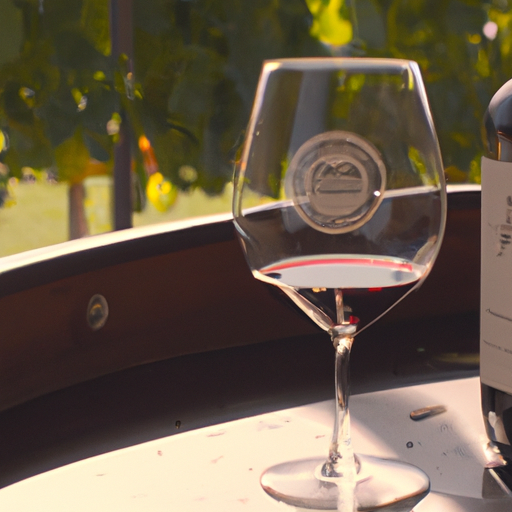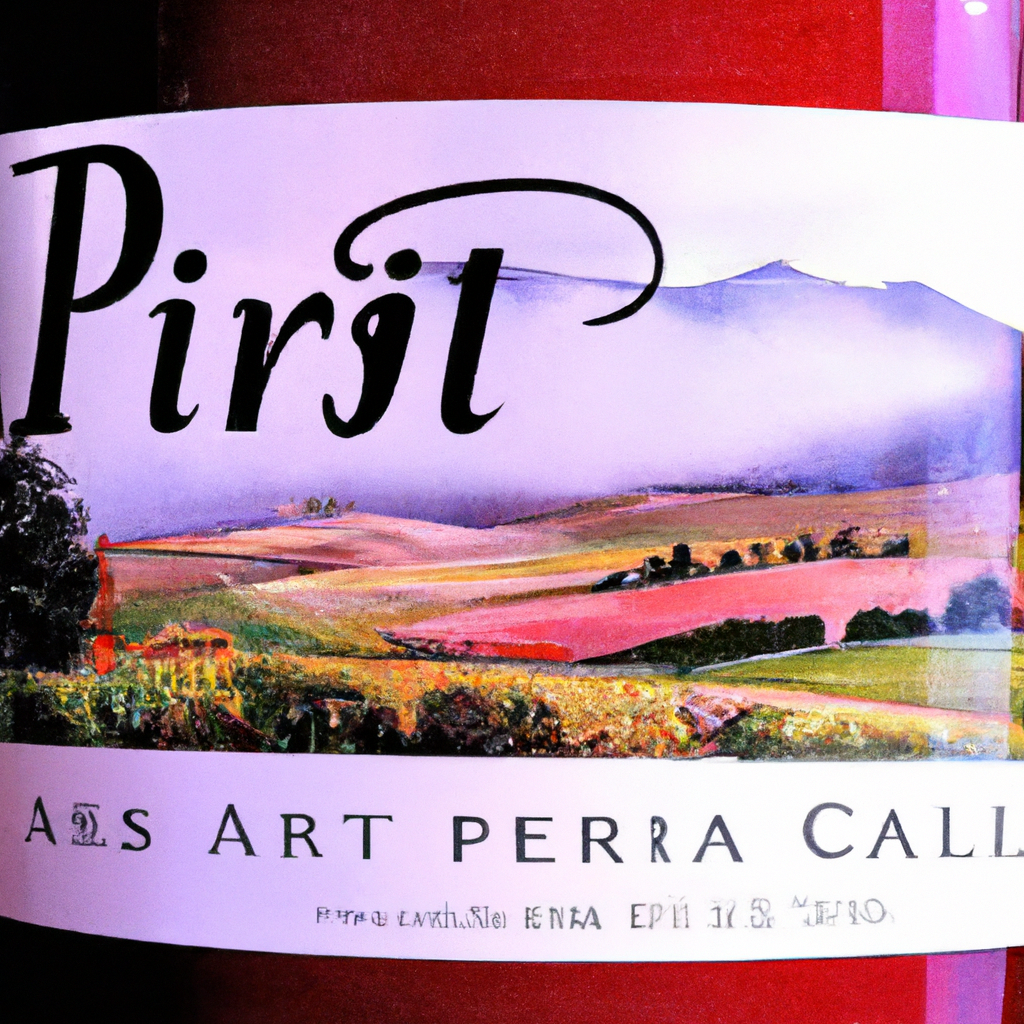The Future of Wine Production: Embracing Sustainability in Wineries
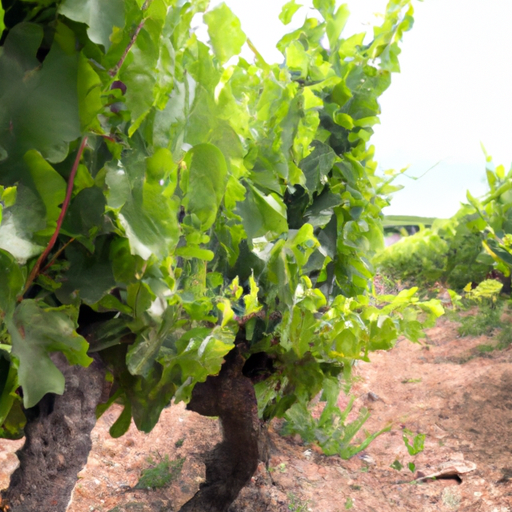
The Role of Renewable Energy in Sustainable Wine Production
The Role of Renewable Energy in Sustainable Wine Production
In recent years, there has been a growing emphasis on sustainability in various industries, and the wine production sector is no exception. Wineries around the world are increasingly recognizing the importance of adopting sustainable practices to minimize their environmental impact and ensure the longevity of their operations. One crucial aspect of sustainable wine production is the integration of renewable energy sources.
Renewable energy refers to energy derived from sources that are naturally replenished, such as sunlight, wind, and water. By harnessing these sources, wineries can significantly reduce their reliance on fossil fuels and decrease their carbon footprint. Solar power, in particular, has emerged as a popular choice for wineries looking to embrace renewable energy.
Solar panels, also known as photovoltaic (PV) systems, convert sunlight into electricity. They can be installed on winery rooftops or in nearby fields, taking advantage of the vast open spaces typically found in wine-producing regions. The electricity generated by these panels can be used to power various aspects of the winery’s operations, including lighting, heating, cooling, and machinery.
One of the main advantages of solar power is its ability to provide a consistent and reliable source of energy. Unlike fossil fuels, which are subject to price fluctuations and supply uncertainties, sunlight is abundant and freely available. By investing in solar panels, wineries can stabilize their energy costs and reduce their vulnerability to external factors.
Moreover, solar power offers wineries the opportunity to become energy self-sufficient. By generating their own electricity, wineries can reduce their dependence on the grid and become more resilient to power outages or disruptions. This not only ensures the continuity of wine production but also contributes to the overall sustainability of the industry.
In addition to solar power, other forms of renewable energy can also play a role in sustainable wine production. Wind turbines, for example, can be installed in windy regions to generate electricity. Similarly, hydroelectric power can be harnessed in areas with access to flowing water sources. By diversifying their renewable energy sources, wineries can further enhance their sustainability efforts and reduce their environmental impact.
The integration of renewable energy in wineries is not only beneficial from an environmental standpoint but also from an economic perspective. While the initial investment in solar panels or wind turbines may be significant, the long-term savings can be substantial. By reducing their energy consumption and reliance on fossil fuels, wineries can lower their operational costs and improve their bottom line.
Furthermore, embracing renewable energy can enhance a winery’s brand image and appeal to environmentally conscious consumers. With sustainability becoming an increasingly important factor in purchasing decisions, wineries that prioritize renewable energy are likely to attract a larger customer base and gain a competitive edge in the market.
In conclusion, renewable energy plays a crucial role in sustainable wine production. By harnessing the power of the sun, wind, or water, wineries can reduce their carbon footprint, stabilize their energy costs, and become more self-sufficient. The integration of renewable energy not only benefits the environment but also offers economic advantages and enhances a winery’s brand image. As the wine industry continues to evolve, embracing sustainability through renewable energy will undoubtedly become a standard practice for wineries worldwide.
Implementing Organic Farming Practices in Wineries for a Sustainable Future
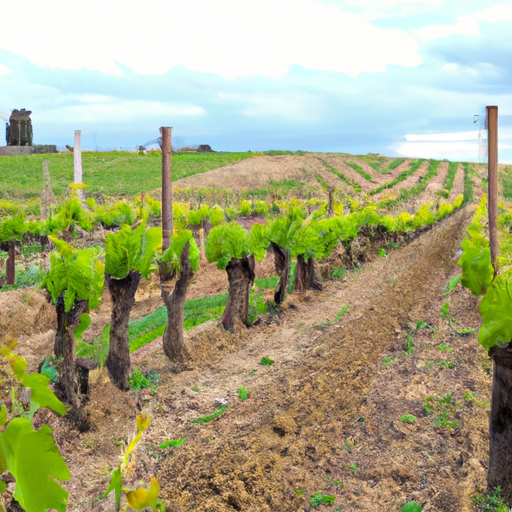
The wine industry has long been associated with tradition and craftsmanship. However, as the world becomes more aware of the environmental impact of various industries, wineries are starting to embrace sustainability as a way to ensure a future for their businesses. One of the key ways in which wineries are implementing sustainability practices is through organic farming.
Organic farming is a method of agriculture that relies on natural processes and avoids the use of synthetic chemicals and genetically modified organisms. In the context of wineries, this means that grapes are grown without the use of synthetic pesticides, herbicides, or fertilizers. Instead, winemakers rely on natural methods to control pests and weeds, such as introducing beneficial insects or using cover crops to suppress weed growth.
There are several benefits to implementing organic farming practices in wineries. First and foremost, organic farming is better for the environment. Synthetic pesticides and fertilizers can have detrimental effects on soil health and water quality, as well as harm beneficial insects and other wildlife. By avoiding the use of these chemicals, wineries can help protect the ecosystems in which they operate.
In addition to environmental benefits, organic farming can also lead to better wine quality. Many winemakers believe that organic grapes produce more complex and expressive wines. This is because organic farming encourages the development of a diverse and healthy ecosystem in the vineyard, which in turn leads to more balanced and flavorful grapes.
Implementing organic farming practices in wineries does come with its challenges. For one, transitioning from conventional to organic farming can be a time-consuming and costly process. It typically takes several years for a vineyard to become certified organic, as the soil needs time to recover from the use of synthetic chemicals. Additionally, organic farming requires a greater level of attention and care, as winemakers need to closely monitor the vineyard to ensure that pests and diseases are kept under control.
Despite these challenges, many wineries are embracing organic farming as a way to future-proof their businesses. Consumers are increasingly seeking out organic and sustainably produced wines, and wineries that can meet this demand are likely to thrive in the long run. Furthermore, organic farming practices can help wineries adapt to the changing climate. By building healthy and resilient ecosystems in their vineyards, winemakers can better withstand extreme weather events and other challenges associated with climate change.
In conclusion, implementing organic farming practices in wineries is a crucial step towards a more sustainable future for the wine industry. By avoiding the use of synthetic chemicals and embracing natural methods, wineries can protect the environment, improve wine quality, and meet the growing demand for organic and sustainably produced wines. While the transition to organic farming may present challenges, the long-term benefits far outweigh the costs. As the wine industry continues to evolve, it is clear that sustainability will play a central role in shaping its future.
Innovations in Water Conservation for Sustainable Wine Production
The wine industry has long been associated with tradition and craftsmanship. However, as the world becomes more aware of the need for sustainable practices, wineries are also embracing the concept of sustainability. One area where wineries are making significant strides is in water conservation.
Water is a precious resource, and wineries are recognizing the importance of using it wisely. In the past, wineries used large amounts of water for various processes, such as irrigation, cleaning, and cooling. However, with the increasing scarcity of water in many regions, wineries are finding innovative ways to reduce their water consumption.
One of the key innovations in water conservation for sustainable wine production is the use of drip irrigation systems. Traditionally, wineries used flood irrigation, which involved flooding the vineyard with water. This method not only wasted water but also led to soil erosion and nutrient loss. Drip irrigation, on the other hand, delivers water directly to the roots of the vines, minimizing water loss through evaporation and ensuring that the plants receive the right amount of water.
Another innovation in water conservation is the use of recycled water. Wineries are now implementing systems to capture and treat wastewater from their operations. This treated water can then be reused for non-potable purposes, such as irrigation or cleaning. By recycling water, wineries can significantly reduce their reliance on freshwater sources and minimize their impact on local water supplies.
In addition to these technological innovations, wineries are also adopting sustainable farming practices to reduce their water consumption. For example, many wineries are practicing dry farming, which involves relying solely on natural rainfall for irrigation. This method not only conserves water but also encourages the vines to develop deeper root systems, making them more resilient to drought conditions.
Furthermore, wineries are implementing water management plans to monitor and optimize their water usage. These plans involve regular monitoring of water consumption, identifying areas of high water usage, and implementing measures to reduce water waste. By closely monitoring their water usage, wineries can identify opportunities for improvement and make informed decisions to conserve water.
The future of wine production lies in embracing sustainability, and water conservation is a crucial aspect of this movement. By adopting innovative technologies, such as drip irrigation and water recycling systems, wineries can significantly reduce their water consumption and minimize their environmental impact. Furthermore, by practicing sustainable farming and implementing water management plans, wineries can ensure that they are using water efficiently and responsibly.
In conclusion, the wine industry is evolving, and wineries are increasingly recognizing the importance of sustainability. Water conservation is a key area where wineries are making significant strides. Through the use of innovative technologies, such as drip irrigation and water recycling systems, wineries can reduce their water consumption and minimize their impact on local water supplies. Additionally, by practicing sustainable farming and implementing water management plans, wineries can ensure that they are using water efficiently and responsibly. The future of wine production lies in embracing sustainability, and water conservation is a crucial aspect of this movement.
